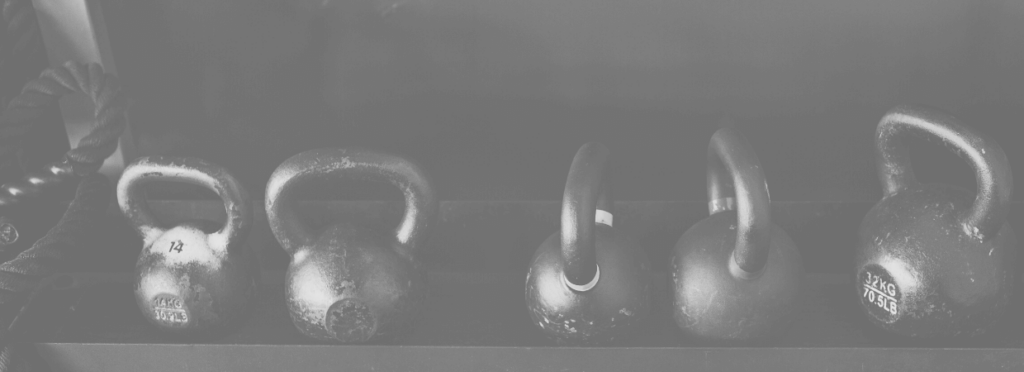If you’re familiar with the American author Michael Pollan then you may have heard the phrase, “Eat food. Not too much. Mostly plants.”
Over the years that he’s spent exploring the socio-cultural impacts of food (check the Wiki, not my words), he’s discovered one important detail: healthy people usually eat mostly plants.
That mantra is echoed time and time again by nutritionists and longevity experts alike. I’ve concluded that of all the nutrition advice we can agree on, eating mostly plants is an easy one (except for those carnivore charlatans who have managed to ignore the fact that humans have survived millions of years eating plants without extinguishing themselves).
So there it is, “Eat food. Not too much. Mostly plants.”
Plants Or No Plants
Eat food refers to (I think) whole, unrefined versions of foods as often as possible. This means potatoes over french fries and homemade fries over the McDonald’s version.
Not too much can simply be thought of in terms of your satiety signaling, otherwise known as how full you feel. Just dedicate yourself to eating slowly and backing away from the table when your’e satisfied. Remember that it takes a few minutes for your stomach minions to reach your brain assistants and tell them that you’ve reached capacity.
The main point of this post, however, has not much to do with plants. Instead, my morning thought today was that it seems we can extrapolate the basic form of this phrase to many of the other important factors in our health. For example:
- Lift weights. Not too often. Mostly heavy.
- Do cardio. Not too much. Mostly Zone 2.
- Sleep well. Sleep often. Take a nap.
Ok so that last one doesn’t really work, but you catch my drift.
But I Disgress …
If you were in the gym at all yesterday, you may have heard me babbling about specificity in strength training. That is, to become proficient in the lifting of heavy (in this case, maximal) weights, we must lift near maximal weights. In order to become proficient at front squatting, we must front squat.
But recent research has shown that the required dose of specificity to become proficient, or even quite skilled, in a movement is much lower than we originally thought. Even relatively small doses of specific training can be extremely beneficial when our system is allowed room for things like other exercises (varied practice) and extra recovery (mostly via less overall exertion).
So my point here is this: you don’t need seven days in the gym or two-hour workouts to get the job done. You don’t need to max out your squats and then back off for another fifty reps to get good at squatting; a few work-up sets and one heavy one might do the trick. And why spend an hour on the treadmill every day when a few days of 20-30 minute sessions can do the job?
The trick to getting fit is not discovering how much exercise we can tolerate before our body gives out. It’s about discovering how little exercise we can do and still move forward.

